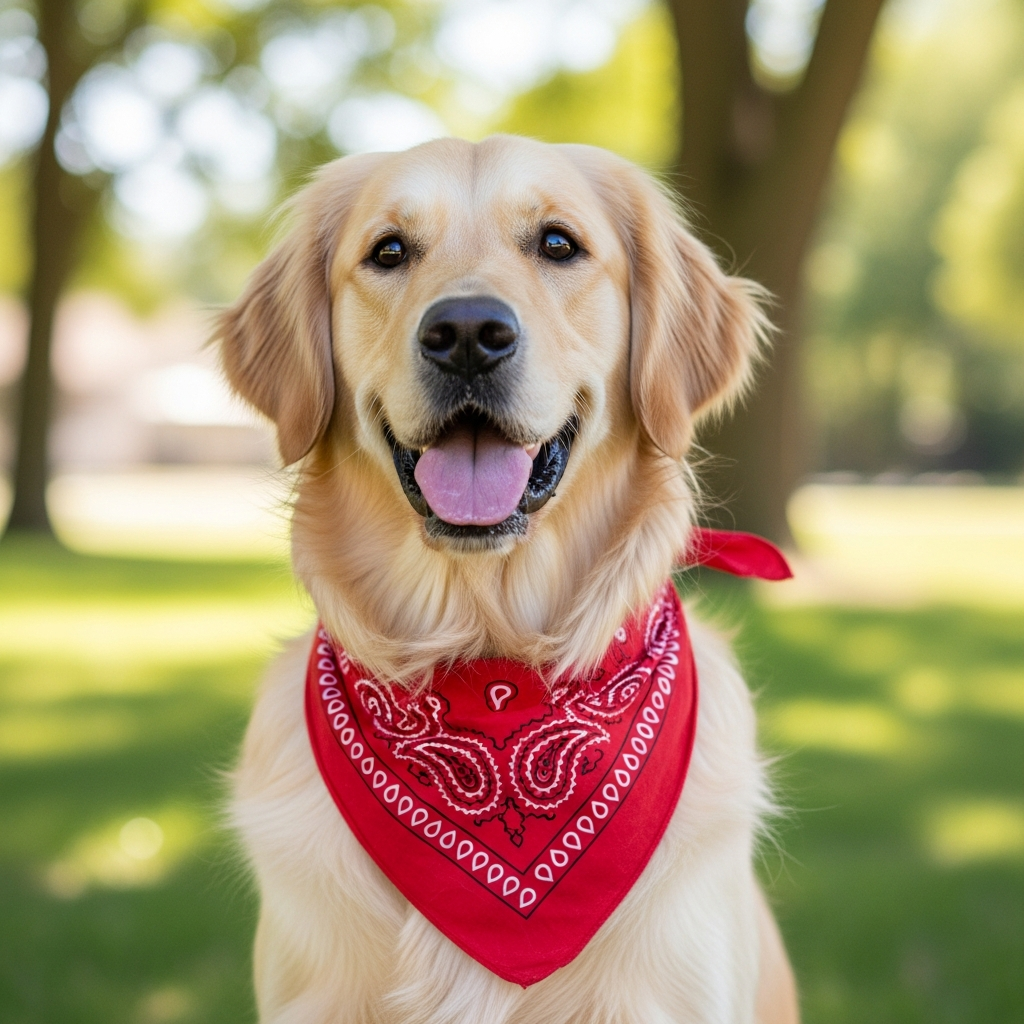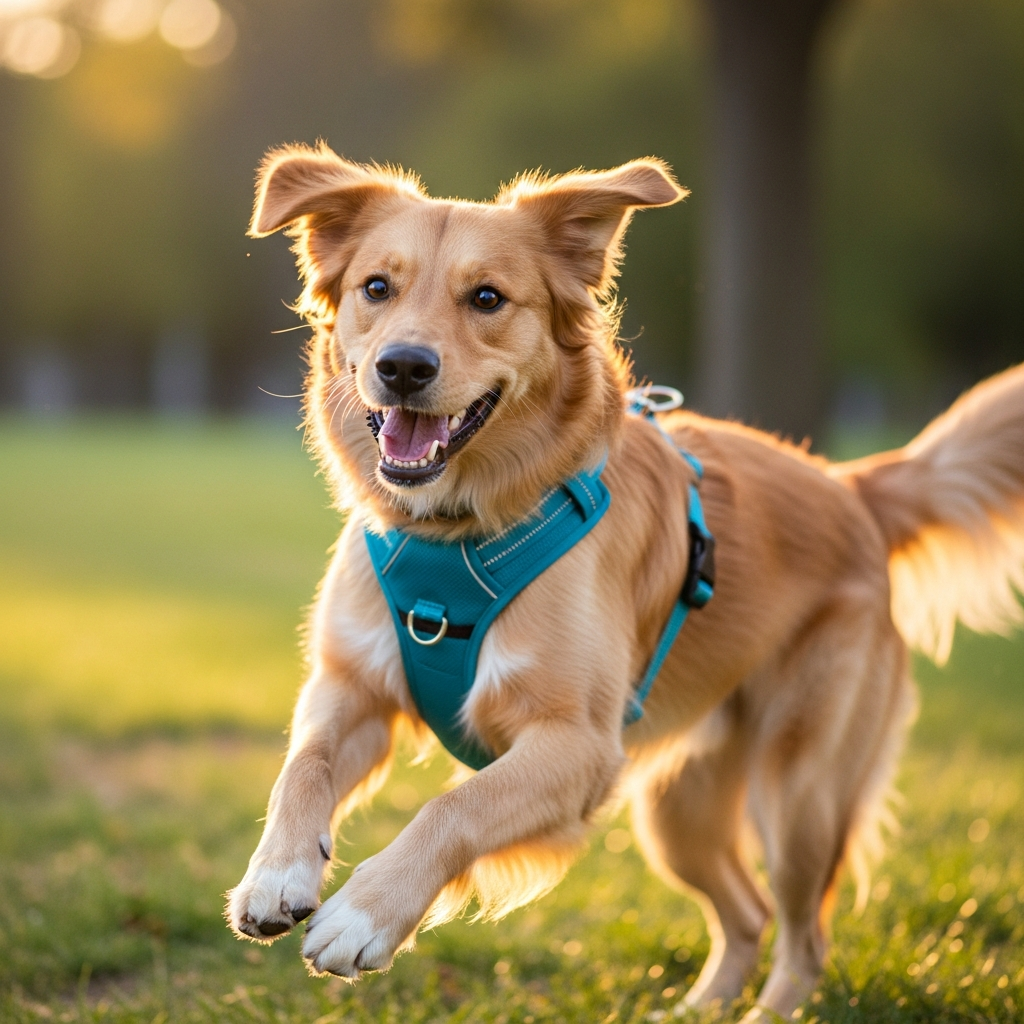What are the different types of dog harnesses and dog leashes?
Are you feeling lost in the huge world of dog gear? Choosing the wrong equipment can make walks frustrating for both the dog and the owner. Let's simplify things together.
A dog harness fits on the dog’s torso to provide safe control, while a leash connects you to the dog harness. The main harness types are back-clip, front-clip, and dual-clip. Leashes come in standard, retractable, and training versions. The best combination depends on the dog's specific needs.
Understanding the basics is a great start. But as a professional designer, you know that the real magic is in the details. Getting these details right is what separates a good product from a best-seller. Let's look closer at how to design the perfect [dog harness and leash](https://raysunpets.com/dog-harness-manufacturer/ "dog harness and leash") system for any situation, so you can create products that truly stand out.
What are the different types of dog harnesses?
Do you struggle to create a single dog harness design that satisfies every dog and owner? A one-size-fits-all approach often leads to poor fit, discomfort, and unhappy customers.
The main designs are back-clip for calm dogs, front-clip to stop pulling, and dual-clip for versatility. You also have step-in dog harnesses for easy dressing and overhead styles for a secure fit. Each type serves a unique purpose for comfort, control, and training.
In my years of consulting, I've seen that the most successful brands don't just sell a harness; they sell a solution. The key is to match the design to a specific problem. For example, a front-clip dog harness needs extra reinforcement at the chest D-ring because that’s where all the pulling force is concentrated. This is a small detail that makes a huge difference in durability. You have to think about both the dog's anatomy and the owner's experience.
Back-Clip vs. Front-Clip
A back-clip dog harness is the most common and is great for relaxed dogs that don't pull. The leash attaches to a D-ring on the dog's back, keeping the strap away from their legs. A front-clip harness, however, has the D-ring at the center of the dog's chest. When the dog pulls, the leash gently steers them back toward you. This is incredibly effective for training.
Specialized Harness Designs
Here’s a quick breakdown to help you focus your design efforts:
| Harness Type | Best For | Key Design Consideration |
|---|---|---|
| Back-Clip | Calm walkers, small dogs | Comfort, lightweight materials, easy buckles |
| Front-Clip | Dogs that pull, training | Reinforced chest D-ring, no-chafe padding |
| Dual-Clip | Maximum control, versatility | Strong hardware, balanced pressure points |
| Step-In | Anxious dogs, easy dressing | Simple closure system, adjustable side straps |
| Overhead | Escape artists, secure fit | Multiple adjustment points (neck and girth) |
What's the difference between a dog harness and a dog leash?
Do your clients or team members ever use the terms "dog harness" and "dog leash" interchangeably? This simple confusion can create problems when discussing a product's function, features, and value.
A harness is the gear worn on the dog’s body to distribute pressure and offer control. A leash is the strap that connects you, the handler, to the harness. Essentially, the harness is the interface on the dog, and the leash is your communication line.
Thinking of them as a system, not just separate items, is a game-changer for design. When the dog harness and leash are designed to work together, the user experience improves dramatically. This is also a huge commercial opportunity. In my consultancy, I always push brands to develop matching sets. You can use the same webbing, patterns, and hardware for a professional, coordinated look that customers love. I remember a US client of mine who was hesitant at first. We developed a Christmas-themed harness and leash set for them. They sold over 10,000 units in one holiday season.
The Role of the dog Harness
The dog harness is the foundation. Its primary job is to provide control points and distribute pressure away from the dog's sensitive neck. For a designer, this means focusing on ergonomics. The harness should allow free shoulder movement and sit comfortably without chafing. Material choices here are critical—you need breathable padding for comfort and strong webbing for safety.
The function of the dog Leash
The leash is the connection. It translates the handler's hand movements into signals for the dog. The clip must be secure and easy to operate, even with gloves on. The handle needs to be comfortable for the human hand. A padded neoprene handle, for instance, instantly makes a leash feel more premium than one made from simple webbing. The leash is where you complete the story that the harness started.
What are the main types of dog leashes?
Are you feeling overwhelmed by the different leash materials, lengths, and styles available? Selecting the wrong one can compromise control and turn a pleasant walk into a safety risk.
The most common leash types are standard flat leashes made of nylon or leather, retractable leashes for more freedom, and multi-function leashes with adjustable lengths. The material and design should always match the dog's size, strength, and planned activity.
When I design a dog leash, I start with the intended use case. A leash for city walking has very different requirements than a leash for hiking in the mountains. For example, a standard 6-foot nylon leash is perfect for neighborhood walks. But for training recall, a 20 or 30-foot "long line" is necessary. As a designer, your job is to create the right tool for the right job. Pay close attention to the hardware. A small, lightweight clip is fine for a Chihuahua, but a Great Dane needs a heavy-duty carabiner that won't fail under pressure.
Everyday Leashes
These are the workhorses of the dog leash world. The standard flat leash, usually made from nylon, polyester, or leather, is the most popular style. When designing these, think about durability and feel. Double-stitching at stress points is a must. For a premium product, using materials like recycled polyester webbing can appeal to eco-conscious consumers, a challenge I know many designers like you are tackling.
Specialized & Training Leashes
Here is a simple guide to different leash types:
| Leash Type | Material(s) | Ideal Use | Designer's Note |
|---|---|---|---|
| Standard | Nylon, Leather, Polyester | Daily walks, general use | Focus on handle comfort and durable stitching. |
| Retractable | Plastic Casing, Nylon Cord | Open spaces, potty breaks | Highly controversial; safety warnings are crucial. |
| Multi-Function | Nylon, Rope | Hands-free walking, training | Requires strong, reliable adjustment hardware. |
| Chain | Metal | Discouraging chewing | Must be paired with a comfortable handle. |
| Long Line | Biothane, Nylon | Recall training, distance work | Choose materials that don't tangle easily. |
What are the primary uses for a dog harness?
Do you think a harness is only for daily walks around the block? If so, you are limiting its potential and missing out on important safety and training benefits your designs could offer.
A dog harness is a multi-tool. Its primary uses are for daily walks, training a dog not to pull, and ensuring safety during car travel. It also offers better control for strong dogs and protects the necks of small or flat-faced breeds.
The best products are designed with a specific purpose in mind. This is where I advise my clients to focus. You need to match the gear to the dog's size, temperament, and activity level. For instance, I've seen firsthand how a simple front-clip harness can completely change the dynamic for an owner struggling with a powerful puller. For a smart, energetic breed like a Labrador, I always recommend a front-clip harness combined with positive reinforcement during training. The results are incredible. As a designer, you have the power to create these positive outcomes.
Everyday Control and Safety
For most dogs, a dog harness is a safer and more comfortable alternative to a collar for walking. It prevents pressure on the trachea, which is especially important for brachycephalic (flat-faced) breeds like Pugs and French Bulldogs. Harnesses also provide more security for dogs who might slip out of a collar. A well-designed harness for car travel, with crash-tested features, can be a literal lifesaver.
Training and Special Activities
Different activities demand different gear. Your designs should reflect this.
| Use Case | Recommended Harness Type | Key Design Focus |
|---|---|---|
| Daily Walking | Back-Clip or Front-Clip | Comfort, ergonomics, durability |
| Pulling Prevention | Front-Clip or No-Pull | Strategic D-ring placement, no-chafe fit |
| Car Travel | Safety Harness | Crash-tested webbing and hardware |
| Hiking/Running | Y-Shape, Lightweight Harness | Freedom of movement, breathable materials |
| Mobility Support | Lifting Harness | Padded support panels, strong handles |
Conclusion
Choosing the right dog harness and leash is about more than looks. It's about designing a safe, comfortable, and effective system that strengthens the bond between people and their dogs.
Cindy Long is the Sales Manager of Raysunpets and a pet lover with over 12 years of experience in exporting pet products. She specializes in providing customized dog chest carriers, leashes and pet accessory solutions for the European and American markets, always focusing on the real needs of customers and pets, and is committed to creating high-quality, practical and comfortable products that allow fur kids to live happier lives.


